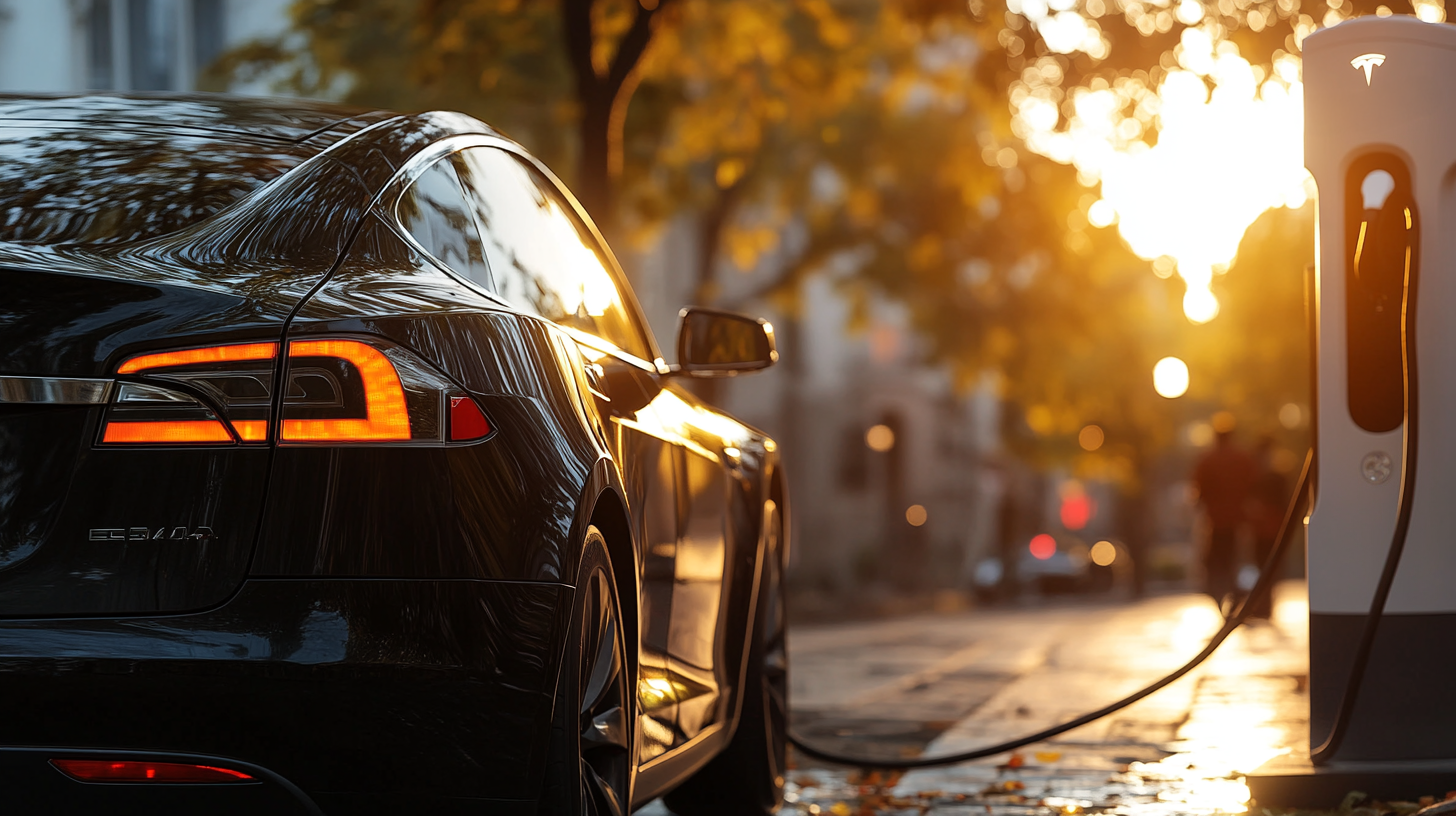In the landscape of modern transportation, a significant shift is underway. The adoption of electric vehicles (EVs) is rising at an unprecedented pace, marking a pivotal moment in our quest for sustainability and environmental conservation. This surge is propelled by a confluence of technological advancements, governmental policies, and a growing awareness of the urgent need to address climate change.
Technological Advancements Driving Adoption
One of the key factors fueling the EV revolution is the rapid advancement in battery technology. "The improvements in lithium-ion batteries, in terms of energy density, charging speed, and lifespan, have significantly reduced the cost of EVs and improved their performance," notes a report from BloombergNEF. This has made electric vehicles a more viable and attractive option for consumers, bridging the gap between traditional gasoline-powered vehicles and their electric counterparts.
Government Policies Accelerating the Shift
Governments around the world are playing a crucial role in accelerating the shift towards electric vehicles. Incentives such as tax rebates, grants, and subsidies are making EVs more financially accessible. Moreover, many countries have set ambitious targets for phasing out the sale of combustion engine vehicles. The European Union, for instance, has proposed a ban on the sale of new internal combustion engine cars by 2035, a move aimed at reducing greenhouse gas emissions and combating climate change.
Consumer Awareness and Environmental Concerns
The rising awareness among consumers about the environmental impact of their choices is another significant driver behind the EV adoption surge. "People are increasingly recognizing the importance of reducing carbon emissions and combating climate change, and they see switching to an electric vehicle as a tangible way to contribute," explains Dr. Jane Goodall, a renowned environmentalist. This sentiment is echoed in consumer surveys, with many indicating a preference for sustainable and eco-friendly transportation options.
The Road Ahead
Despite the progress, the journey towards a fully electrified transportation sector is fraught with challenges. Infrastructure development, such as expanding the EV charging network, remains a critical hurdle. Additionally, there are concerns about the environmental impact of battery production and the need for sustainable sourcing of materials.
However, the momentum behind electric vehicles seems unstoppable. With continued technological innovation, supportive policies, and growing consumer demand, the future of transportation is electric. "The transition to electric vehicles is not just inevitable; it's already happening," states Elon Musk, CEO of Tesla, underscoring the transformative potential of EVs.
Conclusion
In conclusion, the rise in electric vehicle adoption is a testament to our collective effort to embrace cleaner, more sustainable modes of transportation. As we navigate this green revolution, the collaboration between governments, industry, and consumers will be paramount in shaping a future where electric vehicles play a central role in mitigating climate change and fostering a healthier planet for generations to come.







